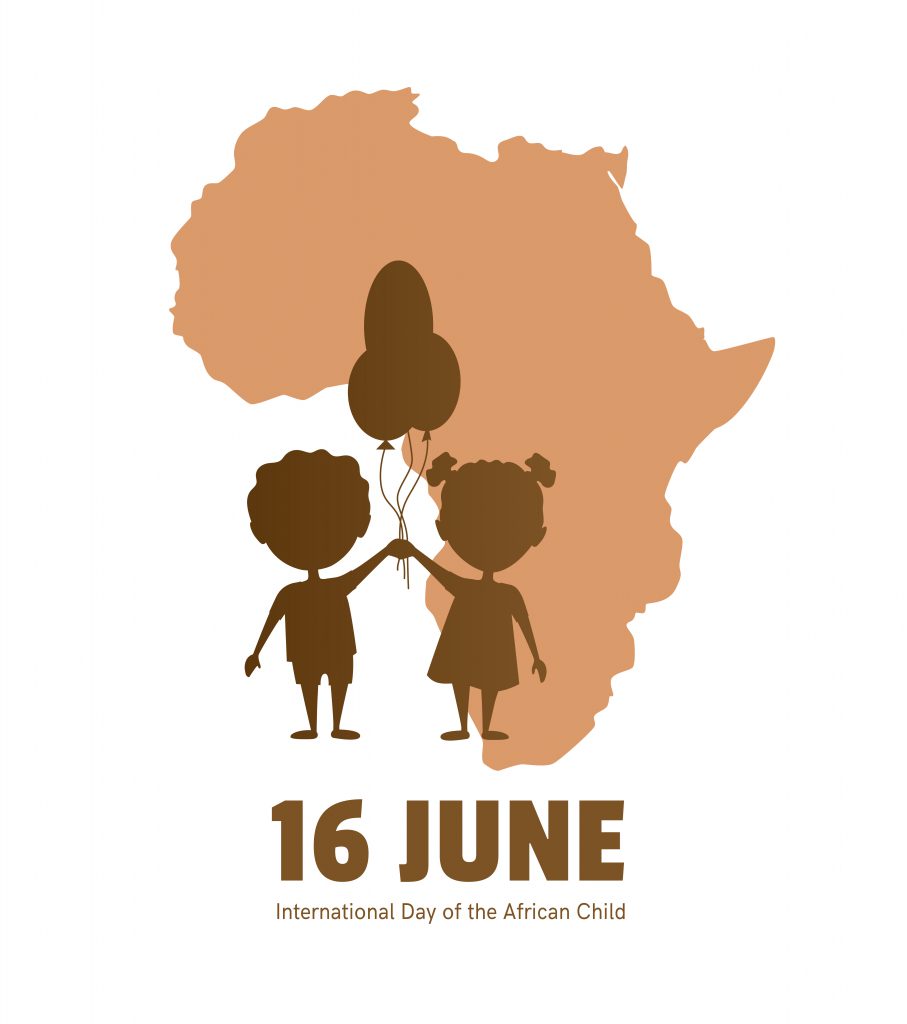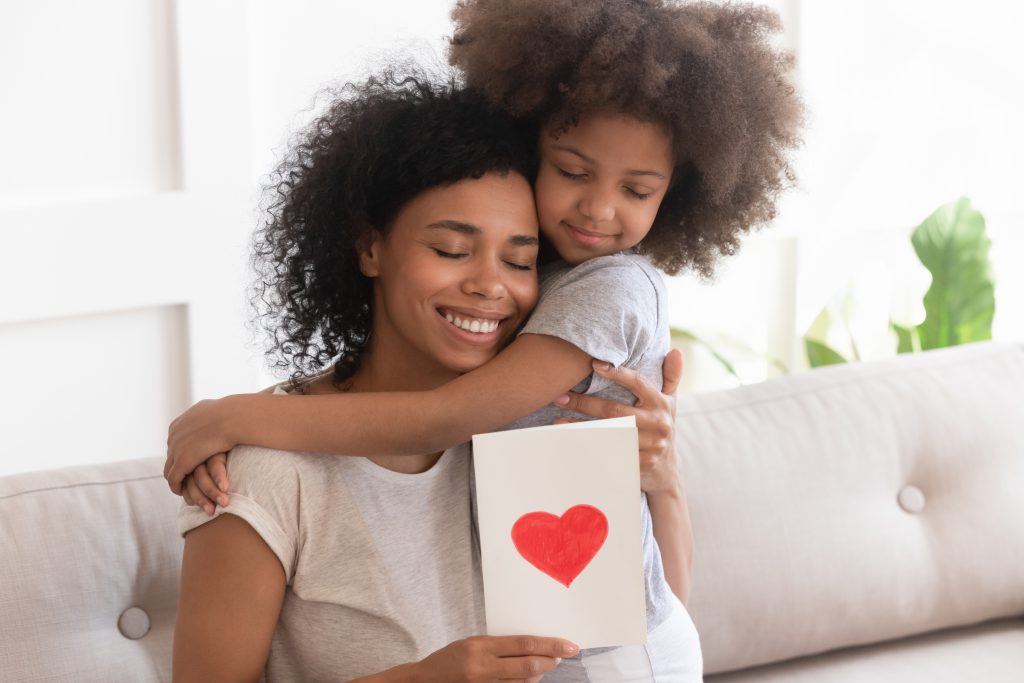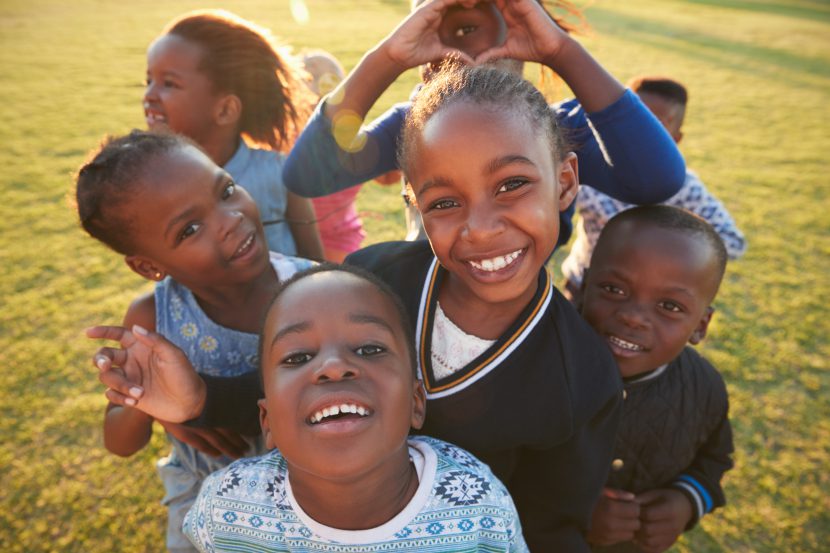The Day of the African Child (henceforth referred to as DAC) is celebrated every year on June 16th by Member States of the African Union (AU). The main purpose is to raise awareness on children’s rights by addressing the numerous challenges facing children across the continent. Due to Covid-19, the priority was talking about children in this difficult time and we feel, with things getting better, that is now time to address this very interesting event.
Origins of Day of the African Child
On June 16th 1976, students in Soweto, South Africa, decided to march in protest against apartheid-inspired education: the at first pacific protest turned into a riot that ended with the public killing of many unarmed youth protesters by the police. (ACERWC, Final Concept Note DAC , 2020)
DAC was established in order to commemorate these children and the brave action they took to claim their right. Since 2002, the African Committee of Experts on the Rights and Welfare of the Child (ACERWC) has been appointed to choose an annual theme and organize DAC in Member States of the AU. (ACERWC, Final Concept Note DAC , 2020)
Day of the African Child 2020

This year the topic addressed was child-friendly justice and the examination of all its elements. This system refers to all procedures of judicial or administrative nature where children are brought into contact with or are involved in civil, criminal or administrative law matters. In legal disputes, children could be involved as victims, witnesses, alleged offenders, persons who have been convicted or admitted responsibility for an offence or subject to protection proceedings (family disputes such as succession and inheritance). Whichever the circumstances, when children are involved, the standards established by the African Charter on the Rights and Welfare of the Child need to be implemented and this is shown for example through the establishment of child-friendly courts and dedicated law enforcement units.
Some States have legislation that provides tools in order to protect children in conflict with the law, but for most States these trends are not yet developed and there is no legislative basis on the protection of children in justice system. (UNICEF, 2020)
Core Components of Child-Friendly Justice
To ensure an efficient legislation on the topic, other than all the above-mentioned international conventions and standards, the following core elements are to be granted and taken into consideration when involving children in legal matters. (Geraghty, 2011)
Access to legal aid
Children as well as adults need to be legally aware of their rights. In order to take part in court proceedings and claim protection for such rights, they have to be informed (many African children are not even aware of the possibility to ask for assistance in legal matters). (Geraghty, 2011) This is why NGOs and international bodies are working towards the development of justice education in schools.
One of the most difficult barriers to overcome in terms of access is the absence of financial resources. (African Child Forum, 2011) In developed countries, being able to pay a lawyer is a luxury that not everybody can afford: let alone in less developed countries. African children are unable, by virtue of their age, dependent status and economic circumstances, to pay for legal aid and should have access to a free justice system. (Geraghty, 2011)
Delivery and use of child-friendly legal services
It is proven that children across the world that are in need of legal aid are the ones that do not have the resources to access it. (UNICEF, 2020) In Africa, there is an extremely small number of lawyers willing to represent and defend children. This is why most of the problems and violations that African children suffer are handed to social workers, advocates or NGOs, which can provide counseling and assistance.
Quality of legal aid
If the second core element is implemented, thus creating an extensive group of trained lawyers who provide legal aid for all African children, then the quality and efficiency of this legal aid should meet very high standards. (UNICEF, 2020) All legal performances should be competently carried out, in accordance with ethical and professional standards. A high-quality system of legal aid requires lawyers and assistance providers to have good knowledge and be specialized in this area of law in order to primarily focus on the needs of child clients. (African Child Forum, 2011)
A Way to Move Forward
The Day of the African Child 2020 raised awareness on the problematic aspects of child-friendly justice systems in Africa and how many states in the African Union do not have legal basis and tools in order to provide and guarantee a high-quality system of legal aid for children involved in legal proceedings. Children in Africa do not have the legal and financial resources to have access to legal aid and that is why many advocates and NGOs, like Humanium, commit to help and assist these children.
Humanium continues to work in local and rural communities to effect change through site projects, such as the project in Rwanda, which aims to improve and protect children’s rights in Rwanda by combining coaching and leadership techniques based on a set of interdisciplinary tools designed by trauma care professionals to train all those who provide psychological and social support to families.

Help us contribute towards the fulfilment of children’s rights around the world. Consider making a donation, becoming a Humanium member and joining the Humanium community, let’s make the world a better place for children.
Written by Ginevra Vagliani
Bibliography:
ACERWC. (2020). Final concept note DAC. Retrieved from ACERWC Africa.
African Child Forum. (2011). Guidelines on action. Retrieved from africanchildforum.
Geraghty, T. F. (2011). Criminal Justice. Retrieved from UNODC.
UNICEF. (2020, June 16). Child-Friendly justice system. Retrieved from UNICEF.
UNODC. (2011). Child-Friendly Legal Aid in Africa. Retrieved from UNODC.


